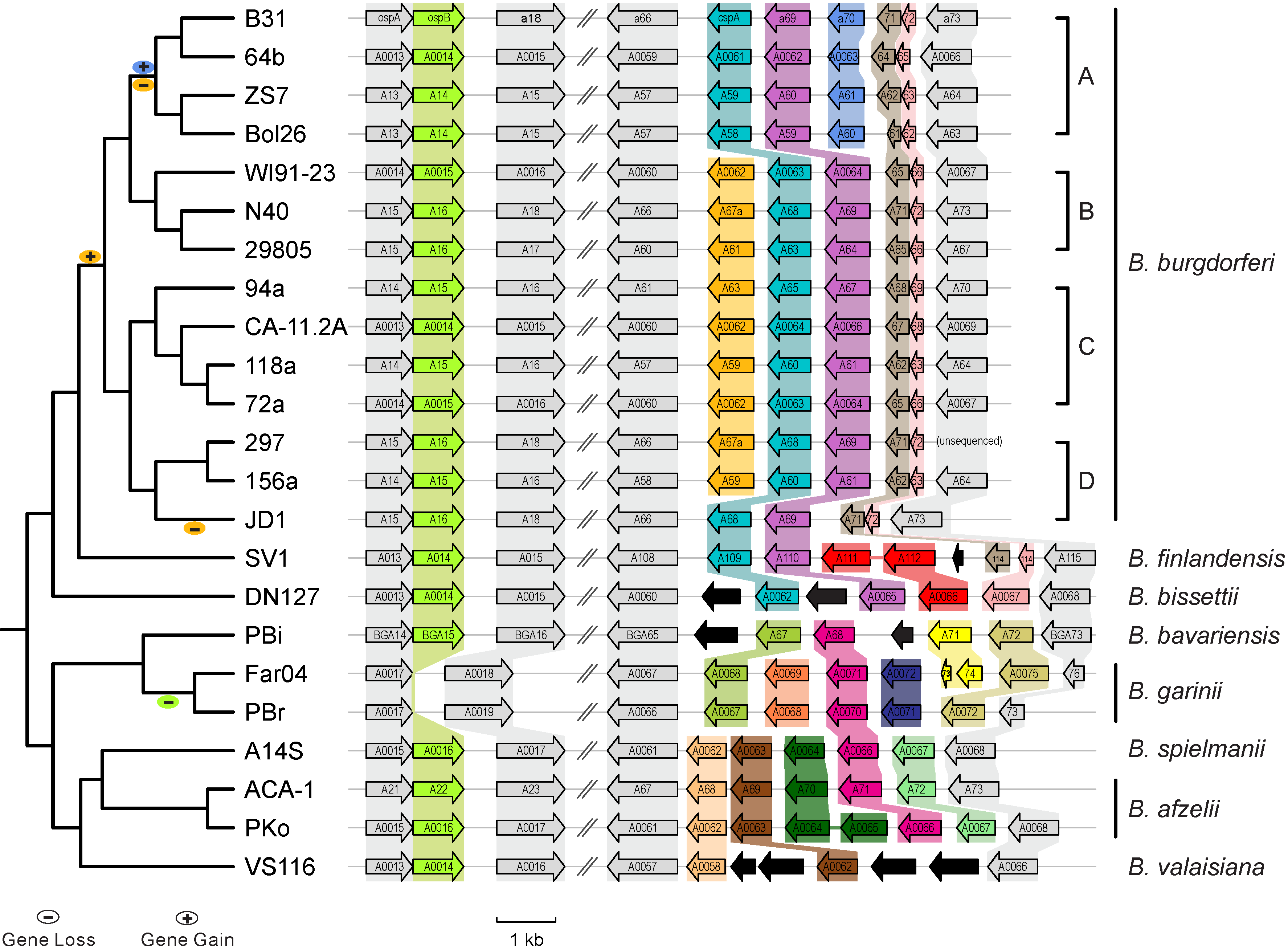Southwest-University: Difference between revisions
imported>Weigang m (→Web Links) |
imported>Weigang |
||
| Line 60: | Line 60: | ||
|| | || | ||
|- | |- | ||
| July 10 (Wed), 8:40-12:10 || Microbiome I; R Tutorial III || | | July 10 (Wed), 8:40-12:10 || Microbiome I; R Tutorial III || | ||
Assignment #3 | |||
|| Quiz I | |||
|- | |- | ||
| July 11 (Thur), 8:40-12:10 || Microbiome II; R Tutorial IV || | | July 11 (Thur), 8:40-12:10 || Microbiome II; R Tutorial IV || | ||
Assignment #4 | |||
|| | |||
|- | |- | ||
| July 12 (Fri), 8:40-12:10 || || || Mid-term Exam | | July 12 (Fri), 8:40-12:10 || || || Mid-term Exam | ||
| Line 68: | Line 72: | ||
| Weekend || Break | | Weekend || Break | ||
|- | |- | ||
| July 15 (Mon), 8:00-12:10 || Transcriptome || | | July 15 (Mon), 8:00-12:10 || Transcriptome; R Tutorial V || | ||
Assignment #5 | |||
|| | |||
|- | |- | ||
| July 16 (Tu), 8:00-12:10 || Proteome || | | July 16 (Tu), 8:00-12:10 || Proteome || | ||
Assignment #6 | |||
|| | |||
|- | |- | ||
| July 17 (Wed), 8:00-12:10 || Genomics I || | | July 17 (Wed), 8:00-12:10 || Genomics I || | ||
Assignment #7 | |||
|| Quiz II | |||
|- | |- | ||
| July 18 (Thur), 8:00-12:10 || Genomics II || | | July 18 (Thur), 8:00-12:10 || Genomics II || || | ||
|- | |- | ||
| July 19 (Fri), 8:00-12:10|| Presentations | | July 19 (Fri), 8:00-12:10|| Presentations | ||
Revision as of 09:42, 1 July 2019
Professor, Department of Biological Sciences, City University of New York, Hunter College & Graduate Center
Adjunct Faculty, Department of Physiology and Biophysics Institute for Computational Biomedicine, Weil Cornell Medical College
Course Overview
Welcome to BioMedical Genomics, a computer workshop for advanced undergraduates and graduate students. A genome is the total genetic content of an organism. Driven by breakthroughs such as the decoding of the first human genome and next-generation DNA -sequencing technologies, biomedical sciences are undergoing a rapid and irreversible transformation into a highly data-intensive field.
Genome information is revolutionizing virtually all aspects of life sciences including basic research, medicine, and agriculture. Meanwhile, use of genomic data requires life scientists to be familiar with concepts and skills in biology, computer science, as well as data analysis.
This workshop is designed to introduce computational analysis of genomic data through hands-on computational exercises, using published studies.
The pre-requisites of the course are college-level courses in molecular biology, cell biology, and genetics. Introductory courses in computer programming and statistics are preferred but not strictly required.
Learning goals
By the end of this course successful students will be able to:
- Describe next-generation sequencing (NGS) technologies & contrast it with traditional Sanger sequencing
- Explain applications of NGS technology including pathogen genomics, cancer genomics, human genomic variation, transcriptomics, meta-genomics, epi-genomics, and microbiome.
- Visualize and explore genomics data using RStudio
- Replicate key results using a raw data set produced by a primary research paper
Web Links
- Install R base: https://cloud.r-project.org
- Install R Studio (Desktop version): http://www.rstudio.com/download
- Download: R datasets
- A reference book: R for Data Science (Wickharm & Grolemund)
Quizzes and Exams
Student performance will be evaluated by attendance, three (4) quizzes and a final report:
- Attendance: 50 pts
- Quizzes: 2 x 25 pts = 50 pts
- Mid-term: 50 pts
- Final presentation: 50 pts
Total: 200 pts
Course Schedule
| Date & Hour | Tutorials | Assignment | Quiz & Exam |
|---|---|---|---|
| July 8 (Mon), 8:40-12:10 | Introduction; R Tutorial I; NGS |
Assignment #1
|
|
| July 9 (Tu), 8:40-12:10 | NGS; R Tutorial II |
Assignment #2
|
|
| July 10 (Wed), 8:40-12:10 | Microbiome I; R Tutorial III |
Assignment #3 |
Quiz I |
| July 11 (Thur), 8:40-12:10 | Microbiome II; R Tutorial IV |
Assignment #4 |
|
| July 12 (Fri), 8:40-12:10 | Mid-term Exam | ||
| Weekend | Break | ||
| July 15 (Mon), 8:00-12:10 | Transcriptome; R Tutorial V |
Assignment #5 |
|
| July 16 (Tu), 8:00-12:10 | Proteome |
Assignment #6 |
|
| July 17 (Wed), 8:00-12:10 | Genomics I |
Assignment #7 |
Quiz II |
| July 18 (Thur), 8:00-12:10 | Genomics II | ||
| July 19 (Fri), 8:00-12:10 | Presentations |
Papers & Datasets
| Omics Application | Paper link | Data set | NGS Technology |
|---|---|---|---|
| Microbiome | Rimoldi_etal_2018_PlosOne | S1 Dataset | 16S rDNA amplicon sequencing |
| Transcriptome | Wang_etal_2015_Science | Tables S2 & S4 | RNA-Seq |
| Transcriptome & Regulome | Nava_etal_2019_BMCGenomics | Tables S2 & S3 | RNA-Seq & CHIP-Seq |
| Proteome | Qiu_etal_2017_NPJ | (to be posted) | SILAC |
| Population genomics (Lyme) | Di_etal_2018_JCM | Data & R codes | Amplicon sequencing (antigen locus) |
| Population genomics/GWAS (Human) | Simonti_etal_2016_Science | Table S2 | whole-genome sequencing (WGS); 1000 Genome Project (IGSR) |
| TB surveillance | Brow_etal_2015 | Sequence Archives | Whole-genome sequencing (WGS) |
| Example | Example | Example | Example |
| Example | Example | Example | Example |
| Example | Example | Example | Example |
